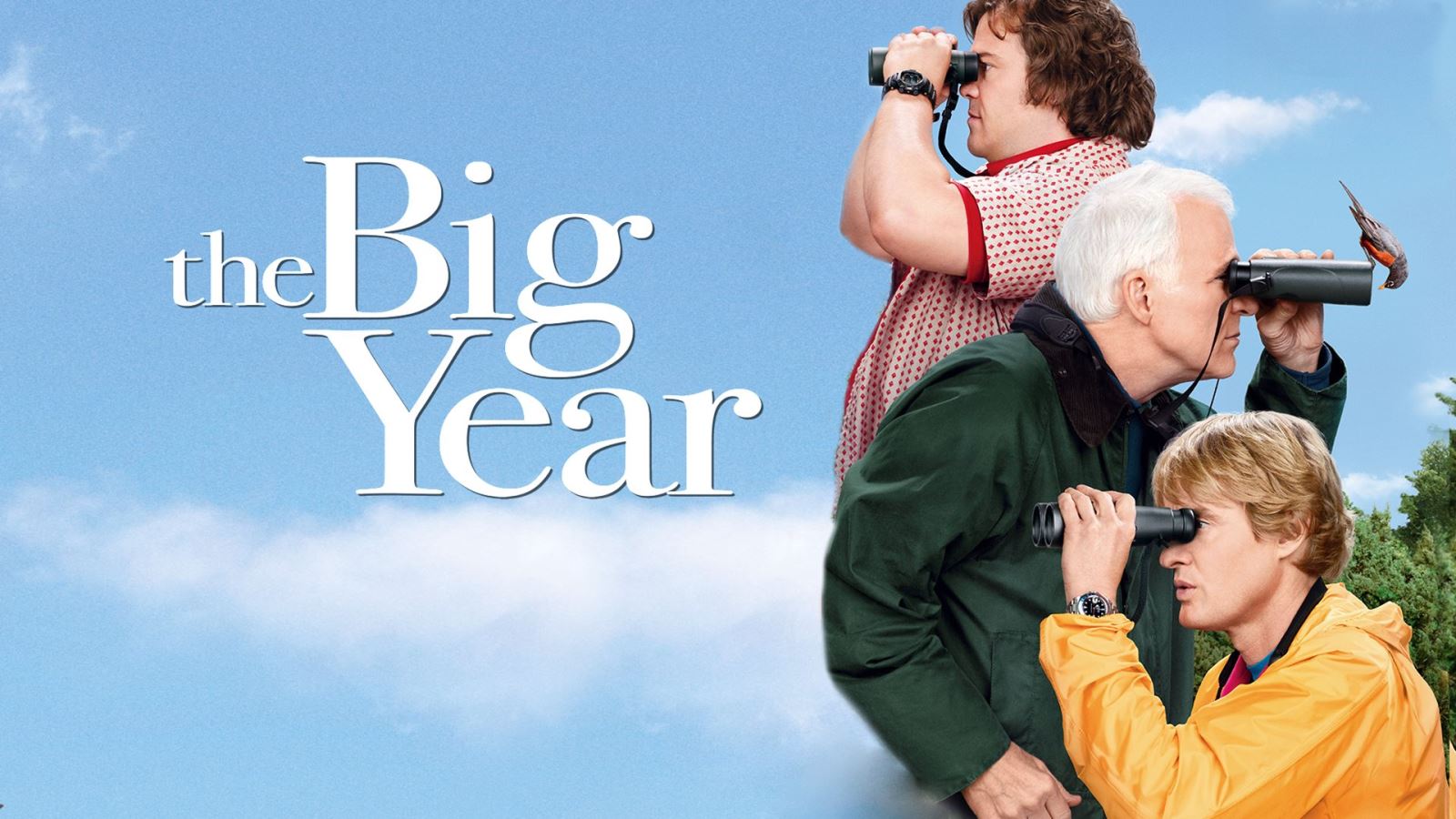Share




Three persons pursue the winner's title for spotting the highest number of birds in North America during one year. This is the plot of the American film The Big Year. The film tackles birders, or people who are so obsessed with birds that they move from one place to another to spot them, either through identifying their shapes or sounds.
There are different types of Big Year competitions; some are held at the USA level, some on the North American level, and some on the world level. In 2016, Dutch birder Arjan Dwarshuis broke the world record in birding by spotting 6852 bird species around the world; almost two-thirds of the known species. The idea of Big Year competitions goes back to ornithologist Frank Chapman. He reflected on the American habit to compete on hunting the largest number of birds in Christmas days, and suggested spotting the largest number of birds instead. This is a case in point on how scientists can influence human behavior positively.
Birders are different regarding how far they would go. Some simply love birds and enjoy watching them in natural parks, some equip themselves for birdwatching and spotting and take notes to increase their knowledge, while some would literally go far beyond in search for birds in distant places. Birding is a hobby that promotes one's communication with nature, a practice that relieves stress and raises environmental awareness; as such, it is an environmentally-proactive hobby.
Amateurs play a role in the conservation of nature; they assist scientists, researchers, and environmental specialists by participating in birding events, a practice known as citizen science.
In February, the USA witnesses a backyard-bird-spotting event that continues for some days, held under the supervision of the National Audubon Society and Cornell Lab of Ornithology. The event takes place in February to study bird congregations before the migration season starts in March. People participate by spotting birds from their backyards or any other place of their choice for 15 minutes or more; they then submit their observations through the Internet. Scientists analyze the submitted data, which enables them to find answer to questions such as: what impact does climate change have on bird congregations and where do some species go when they disappear during the winter? They can also compare migration timings between one year and another, and how bird diseases impact migration. Moreover, scientists get insights into the differences between bird populations in urban, rural, and wild settings.

To start practicing birding as a hobby, you need binoculars, a telescope, and a field guide. The guide can be a set of flash cards carrying the most important birds, or a mobile application, such as eBird. In the beginning, try understating the birds you are familiar with, by identifying their sounds, shapes, and how they move and eat. Then, move to other birds, observing their colors, sizes, beak shapes, and tail lengths; use the guide to identify them.
Choose a suitable spot, such as areas with water bodies, where birds are likely to exist. It is also important to choose a suitable time, which would vary according to the target bird; worm-eating birds would appear in the early morning, while owls would appear at night. As for the season, it is determined by migration patterns; some birds show up in summers only, others in winters only, while some only in autumns or springs. Try always to take notes of the place and time you spotted a given bird; this would help you to gradually acquire knowledge about birds.
Safeguarding birds is a priority, and hence, there are some rules and ethics birders have to abide by. Wild birds are protected by law: hunting, killing, harassing, and collecting them is prohibited; trading nests, eggs, or chicks is also prohibited. Birds must not be exposed to danger; hence, you must not take dogs along, since they put nests and chicks at risk. You must also respect the bird's privacy; keep an appropriate distance from it and its territory. Keep quiet; a bird's sense of hearing is stronger than a human's, so a bird might fly away if it senses any noise. You must also be acquainted with the signs of birds anxiety so as to avoid them. Last but not least, contact the relevant authorities if you witness any violations. If you spot a lost or an injured chick, do not take it home; also contact the relevant authorities.
References
natureconservancy.ca/
nps.gov/
tbrnewsmedia.com/
worldbirds.com/
https://www.thespruce.com/
https://www.audubon.org/